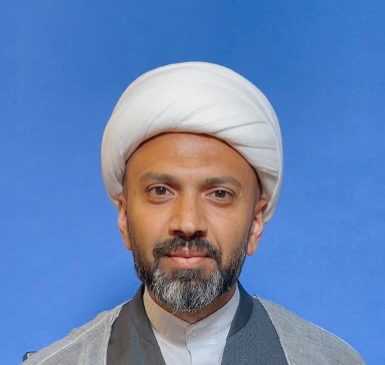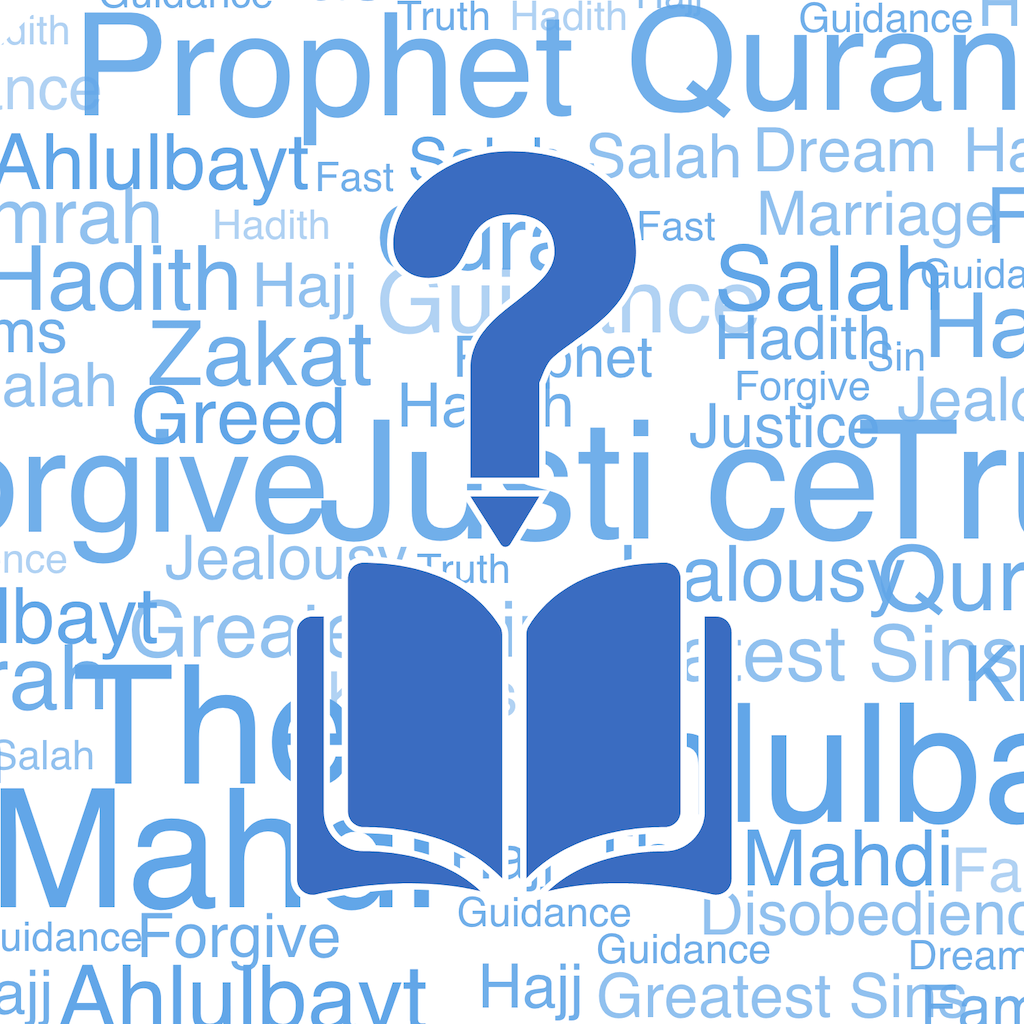Sheikh Dr. Mehdi Hazari

Public QnA
‘Alaikum as-Salam. If you had a doubt about being junub then you were not actually ruled as being in the state of janabah, so there technically would be no ghusl needed
We do not believe that there is any tahreef in the Holy Quran, so any authentic tradition would not suggest such a thing. Imam as-Sadiq (‘a) says: "ما لم يُوافق من الحديث القرءان فهو زُخرف." “Any statement that is not in accord with the Qur’an is futile and false.” This proves that the Quran is impeccable without flaw
You must redo your wudhu and prayers after removing it from your skin.
Rizq is the sustenance given to us by Allah, which is essentially everything, including one’s halal income
You will pray shortened prayers if you are not staying in any one place for at least ten days. You must not miss your prayers, thus, you have to find a way to pray on the plane and let it become qadha, even if doing so sitting is the absolutely only way. You can figure the time based on when you start your travel and the duration you have spent in the air. Or, you can go by the sun
It does not seem so, as long as it does not promote anything haram
1) It is only Allah who answers the prayers and aids people. Thus, when we ask, we are only asking Him. However, Allah says to ask Him through a waseela or intercessor. So, tawassul and istigatha are both to Allah, but through the waseela of Ahl al-Bayt (p). 2) It is akin to asking an ordinary person for help. If you have a need, and only your friend Fatima can help you, then it would be reasonable for someone to say, “Nailah, go ask Fatima, she is the only one who can help you…” https://al-islam.org/shiite-encyclopedia/tawassul-resorting-intermediary
‘Alaikum as-Salam. His mother was Lady Narjis (p) and his grandmother was Lady Hudayth (p)
Sayyid Sistani has not ruled on cryptocurrency and so you can refer to the next most knowledgeable marj’a. It is considered that Shaykh Wahid al-Khorasani is next most knowledgeable
Recitation of the Quran is always beneficial. You can also see here: https://www.duas.org/mobile/bedtime-duas.html This said to be for insomnia https://www.duas.org/Sahife%20Zehra/dua40.htm
Cutting off from the relative means you have absolutely no contact with them at all, which should not be done. If a relative does not show you respect, then the least you must do is say Salam to them and ask about their wellbeing
If the university considers it to be cheating then it is not permissible
It is not permissible
Please see here: https://www.duas.org/matri3.htm
Yes
One should avoid such things. Watching such things is forbidden if it influences the viewer and causes moral corruption or arousal. Furthermore on an obligatory precaution watching such movies should be avoided entirely if it contains sexually indecent scenes.
Just because something is permissible doesn’t mean we should do it, or that it is actually good for us. Moreover, takleef is not about our reasoning and what we consider logical, it is Allah who decides this by His Wisdom
There is nothing wrong problem per se as long as it does not glorify something haram
Yes. The only part she cannot look at is the private area.
It does not make the person a kafir, because one must attest to the oneness of Allah and the messengership of Prophet Muhammad to be considered a “Muslim”. However, one might question how true they are as a Muslim if they don’t practice the most important act of worship, and not doing so is certainly a sin.
There is no problem in it.
The presence of a most-knowledgeable jurist does not preclude that other jurists will also be followed. For example, if you want to go to the best doctor in a given field, you have to be referred to them by their colleagues who know that they are the most proficient. But that does not preclude you from not going to the best doctor, and instead, choose another. The choice of the most-knowledgeable marj’a is to ensure, to the best degree possible, that you are discharging your duties as a Muslim. Although knowledge should be the gauge by which people choose, it is apparent that some do so because this is their tradition (their parents follow and so do they), they have a political reason, or they think the rulings of a particular marj’a are “easier”.
Cold and vomit (involuntary) - yes, as long as you are not causing harm to yourself by doing so. Pregnant - yes, same answer. If fasting causes danger then the woman doesn’t have to fast. But it must be made up later.
If the doubt arose when you have already started the next part of the salat then you ignore it and move forward. Your prayer is fine and you based on recommended precaution you can perform sajdatay al-sahu
There should be no explicit objection to this, as long as there is no disrespect or belittling of the sacred status of Allah’s book.
If part of the skin has peeled, it is not necessary to make water go underneath the unpeeled part. But, if the peeled skin is such that it sometimes sticks to the body and at other times it hangs loose, one must cut it off or make water go underneath it for the wudhu to be valid
1) No 2) There’s no problem if you had to take it in as long as there’s no najasah coming upon it or disrespect 3) Yes to both, with the same caveat
They should be performed in 2-unit prayers
1) It is not haram as long as you did not stipulate it. 2) It is not usury, you are not stipulating it
1. It must be from the toes to the ankles 2. Yes

